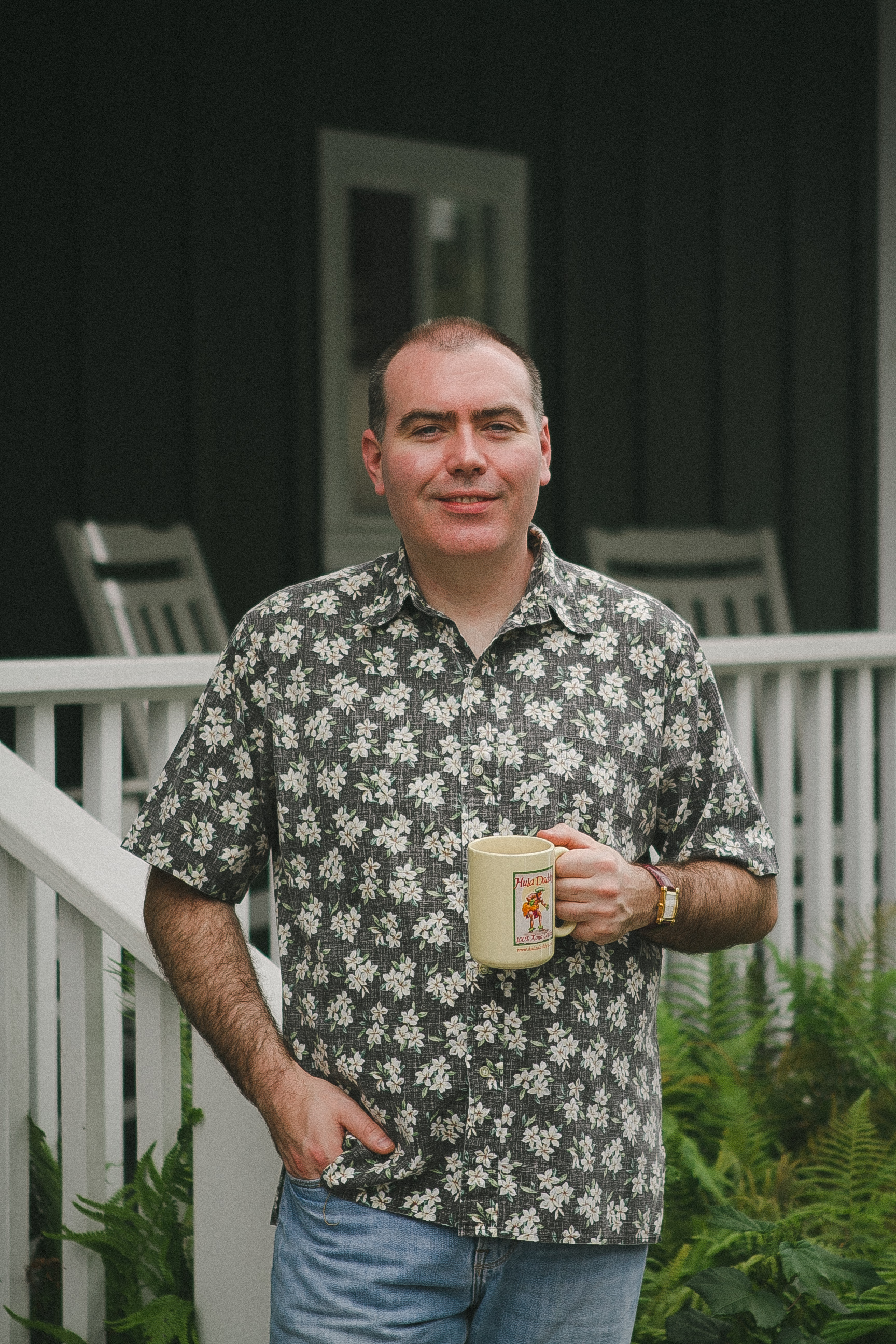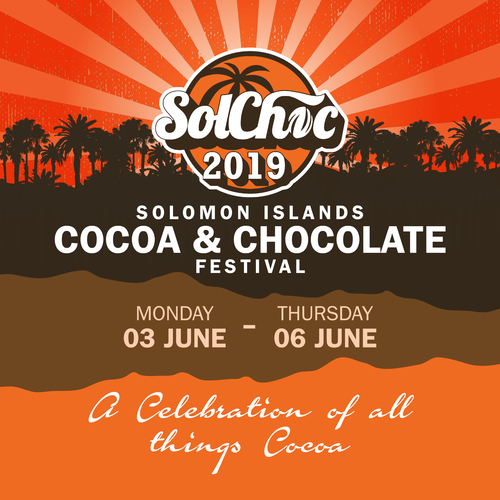PNG coffee, a source of national pride

In the build-up to the inaugural National Coffee Symposium 2019, international coffee specialists have been invited to participate at the symposium. They bring with them a wealth of knowledge in coffee and will team up with leading coffee specialists in the country to chart a way forward for the industry.
In this Q&A, ANDREW HETZEL talks about his background in coffee and his thoughts on PNG coffee. He is a coffee value chain development and international trade specialist with eighteen years’ experience. He has advised public and private sector coffee industry stakeholders in more than 50 countries to increase the value of coffee trade through improvements in policy, capacity development, and market access for high-value differentiated coffee.
Q: Tell us about your interest in coffee and how PNG coffee came into the picture?
AH: My interest in coffee began early. I can remember drinking coffee as a young child and later as a teenager bringing a coffee maker along with me on school trips. In fact, in secondary school, I had wired a coffee machine into my personal locker, which I used to brew each morning before class and serve to other students. This is before Starbucks and the proliferation of coffee shops across the United States.
Soon after, I dropped out of college and started my first company. It grew quickly, building and supplying audio-visual systems used in consumer marketing and staff training applications for consumer brands. Despite the commercial success, in just five or six years, I had lost interest and was ready to move on to something new. After selling the business, I decided to investigate the coffee industry. Knowing nothing about how it operates, I began by consulting for coffee companies, mostly retailers, on general business topics including marketing and finance while learning the coffee business. Over the years that work transitioned further back in the supply chain to roasters, then to origin where all of my projects are now.
My first exposure to PNG coffee came as a coffee buyer for a client in the UK in the early 2000’s, who asked me to develop their flagship espresso blend. We ultimately settled on estate coffee as being a primary component of their coffee, introduced to me by a coffee roasting colleague. The resulting flavour profile was well received by the client, and we continued to use coffee from PNG until it was no longer available from our sources. Unable to source coffee of comparable quality, we ultimately changed the component to a Central American origin to achieve a similar result — but less popular than the original. It was a disappointment to all but lacking other information or options, a necessary one to continue with our business needs.
It’s years later now and my work is primarily on behalf of producing countries. in 2018, I was hired by PHAMA and brought in to complete the technical analysis report now in circulation. I’ve had the opportunity to advise on both the producing and consuming sides of the coffee industry and look forward to applying my experience to help PNG’s coffee industry achieve greater value and notoriety in world markets.
Q: What sets PNG coffee apart from other world-renowned coffees?
AH: PNG coffee has the potential to achieve intensity and complexity of flavour and acidity desirable to the most discerning coffee industry buyers. It’s the foundation on which the country’s historic reputation as a high-quality coffee producer is based. PNG has a wealth of natural resources and climate that is perfectly compatible with the plant’s growing conditions, which is a distinct advantage over many of the world’s coffee regions.
Q: What are you expecting out of this symposium?
AH: I hope to use this symposium as a platform to transform all of the good and positive dialogue we’ve had about the report into a plan for action with scheduled start dates and defined goals by which we shall measure success.
Q: What are some of the immediate changes that need to take place for the transformation of the sector and what is the best approach to this?
AH: At the risk of oversimplification, we must 1) confirm the validity of the suggested activities and interventions outlined in the coffee market study report (perhaps others if they have arisen in the past year), 2) prioritize the order of their implementation, and then 3) assign an owner to each with a calendar of milestones.
Q: Further comments?
AH: Since day one working on this matter as an outsider, I’ve been overwhelmed by the passion and professionalism of PNG’s coffee stakeholders. This is clearly much more than just another commodity industry — the care for coffee in PNG goes much deeper. It’s a part of the country’s culture and a source of national pride. We’ve seen that differences in opinion can lead to infighting among an industry of people who care, which is totally understandable. But that same passion also has the power to bind us together in pursuit of our common goals. Working together as one unified industry, we can do more than the sum of our parts. Let’s make coffee a sustainable source of income and pride for PNG’s future generations. There is no better time to take action than right now.

